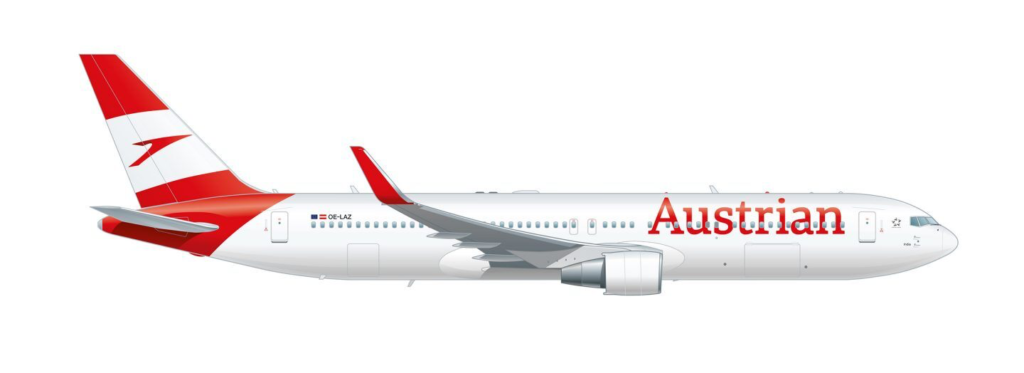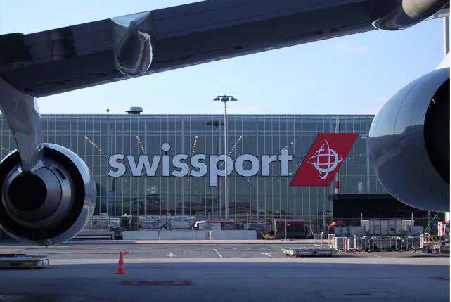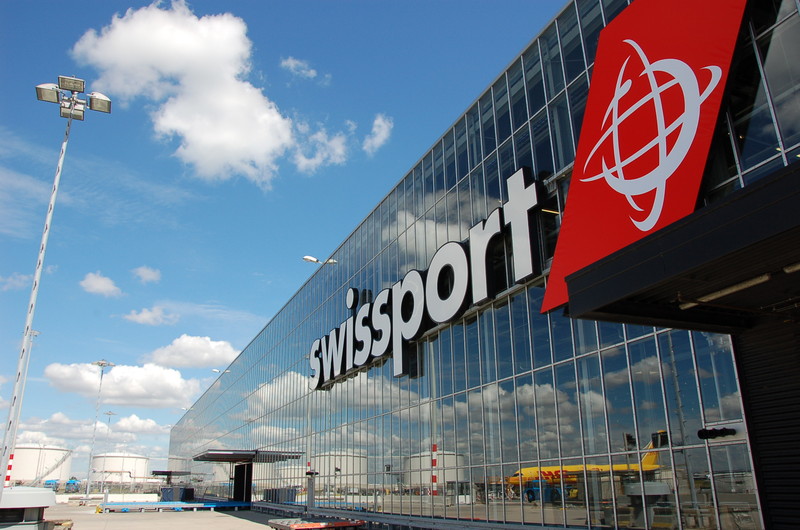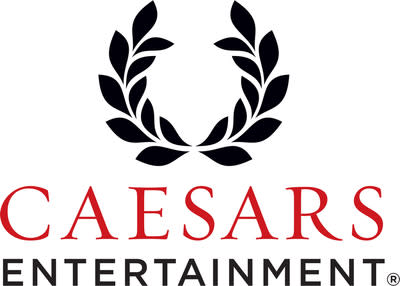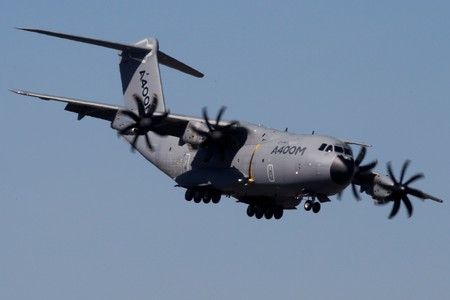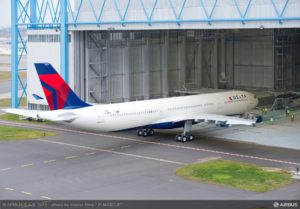Austrian Airlines has found a buyer for the three long-haul aircraft that were up for sale. The Boeing 767-300ER aircraft will go to the U.S. company MonoCoque Diversified Interests. The purchase agreement has already been signed. The parties have agreed not to disclose the purchase price. The first aircraft, registered OE-LAT, will leave Vienna at the beginning of March for Pinal Airpark, Arizona. The aircraft is currently undergoing all the necessary preparations for the handover. The next transfer flight is scheduled for May with the Boeing 767 registered OE-LAX.
“Being able to sell all three Boeing 767’s to one buyer is very gratifying and a big step for our fleet transition”, says Austrian Airlines CEO Alexis von Hoensbroech. “I would like to thank MonoCoque Diversified Interests for the good negotiations and our team for their great commitment.”
“MDI is excited to continue the growth of its passenger and cargo aviation portfolio with the addition of three 767-300ERs”, adds MDI’s manager Mary Alice Keyes. “It has been a pleasure to work with Austrian Airlines, a group with a long history and outstanding pedigree.”
At an average of 28.5 years, the three 767’s sold are among the oldest aircraft in the Austrian Airlines fleet. The remaining three 767’s are between 20 and 22 years of age. After the completed handover, Austrian Airlines will continue to have nine long-haul jets at its disposal, which will connect Austria with destinations around the globe – from the USA to the Far East. In detail, these are six Boeing 777’s with over 300 seats and three Boeing 767’s with over 200 seats.
Until the beginning of 2022, 28 aircraft will leave the fleet of Austria’s home carrier: In addition to the aforementioned three Boeing 767-300ER’s, 18 Dash turboprops and seven Airbus A319 jets will be handed over. Ten turboprops have already left Vienna, with the remaining eight to follow soon. This means that the fleet will consist of around 60 aircraft by the beginning of 2022. As mainly smaller aircraft will be retired, this corresponds to a capacity reduction of around 20 percent.
